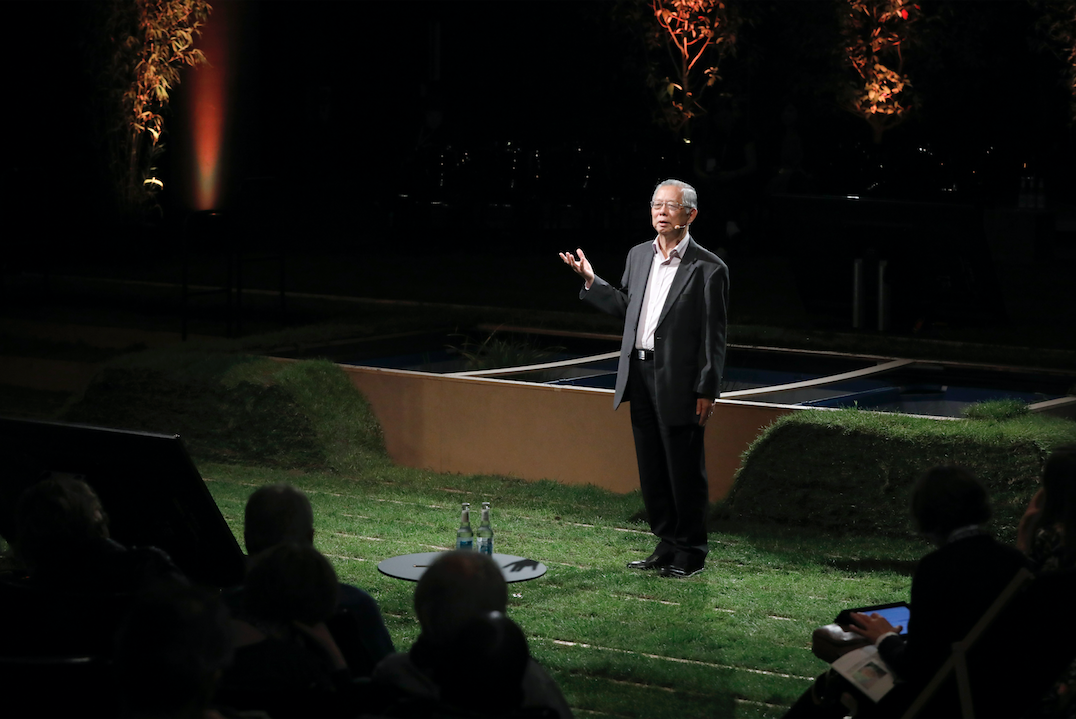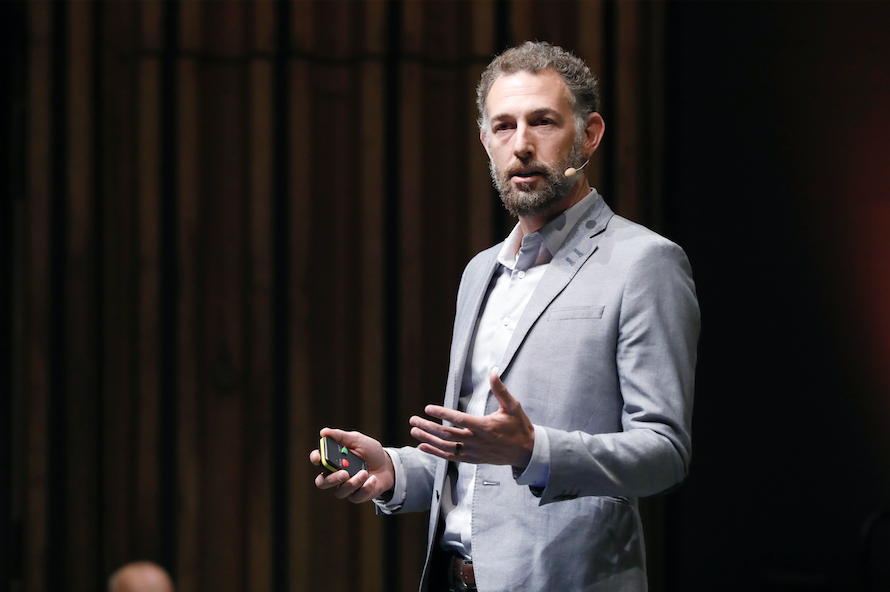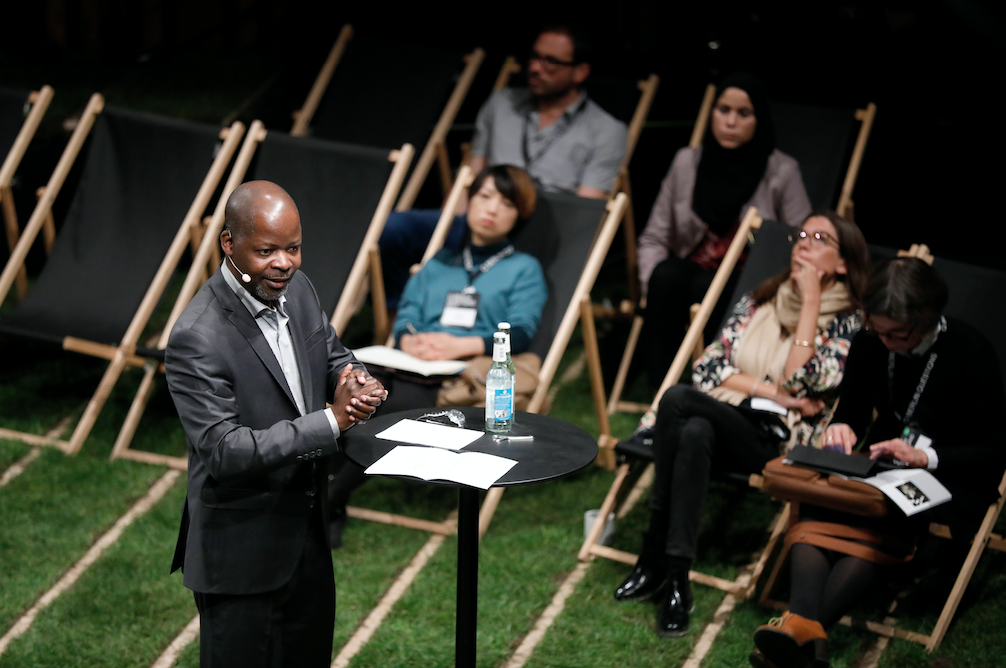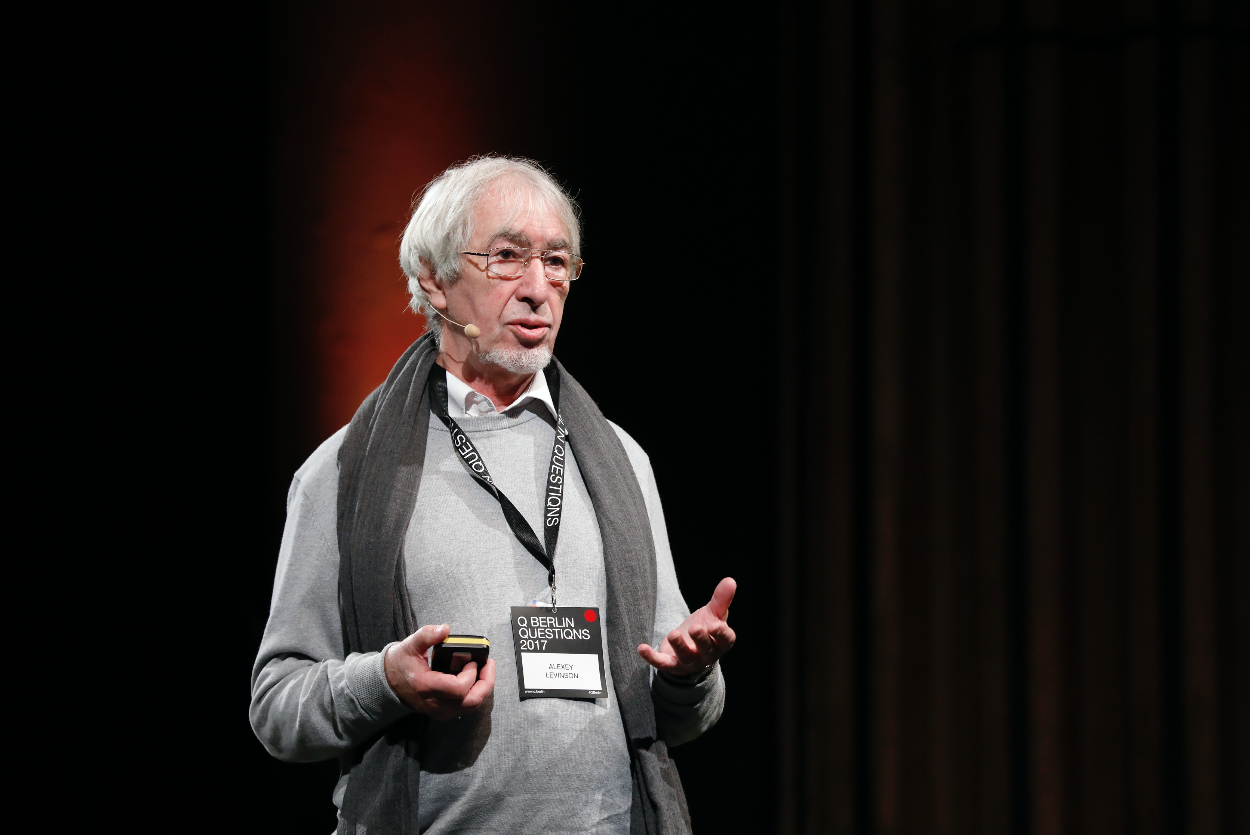Summary of session 4
The events of the past year - the election of Donald Trump, Britain’s withdrawal from the European Union and Marine Le Penn almost winning the French elections among them - show a growing discontent in Western democracies. Many people feel overwhelmed by the impacts of globalization and ignored by politics. Our political elites are therefore being challenged by a loss of trust amongst the population and new protest movements arising from this. The idea of strong nation-states is becoming more and more popular and leading to the global rise of politics with strong nationalist leanings.
Established political structures appear to struggle as they encounter current socio-political irruptions. In session 4 experts from different parts of the world talk about models of governance and political participation.
Lim Siong Guan, former President of the Government of Singapore Investment Corporation presented Singapore as a best practice example in terms of economic success and social stability. The historical urgency to survive as a small nation state meant its citizens were obliged to strictly adhere to certain values, such as liability, the rule of law and religious freedom, as well as putting community well-being before individual interest. The challenge for Singapore now is to pass on this established social agreement to a younger generation that is not intrinsically attached to it.
For American entrepreneur Randy Hencken, the future of community living lies in seasteading on floating islands, rather than depending on nation states. Instead of waiting for politicians to find solutions, his company decided to take action in French Polynesia. In cooperation with Tahiti, the floating island project could offer a response to the challenges posed by rising sea levels.
Political stabilization is a challenge for African countries particularly due to the fact that political leaders often use their ethnic identity for political campaigning. Kenyan economist James Shikwati believes that instead of placing too much trust in individuals, galvanizing talents in businesses and organizations could lead to a democratic turn in governmental systems.
In his talk, Alexey Levinson gave a deep insight into Russia’s state of mind. Following the breakdown of the Soviet Union, Russia - a vast country - was faced with the challenge of keeping its multi-ethnic society together and developing a national identity. Independence from the USA, NATO and Europe and the power to show this identity through the annexation of Crimea constitutes Russia’s national psyche. Although not remotely enthusiastic about the situation in his homeland, Levinson believes that any positive change is only possible through respect from the Western world.



